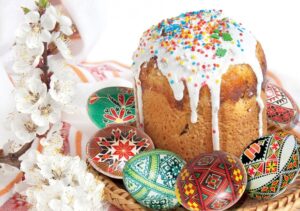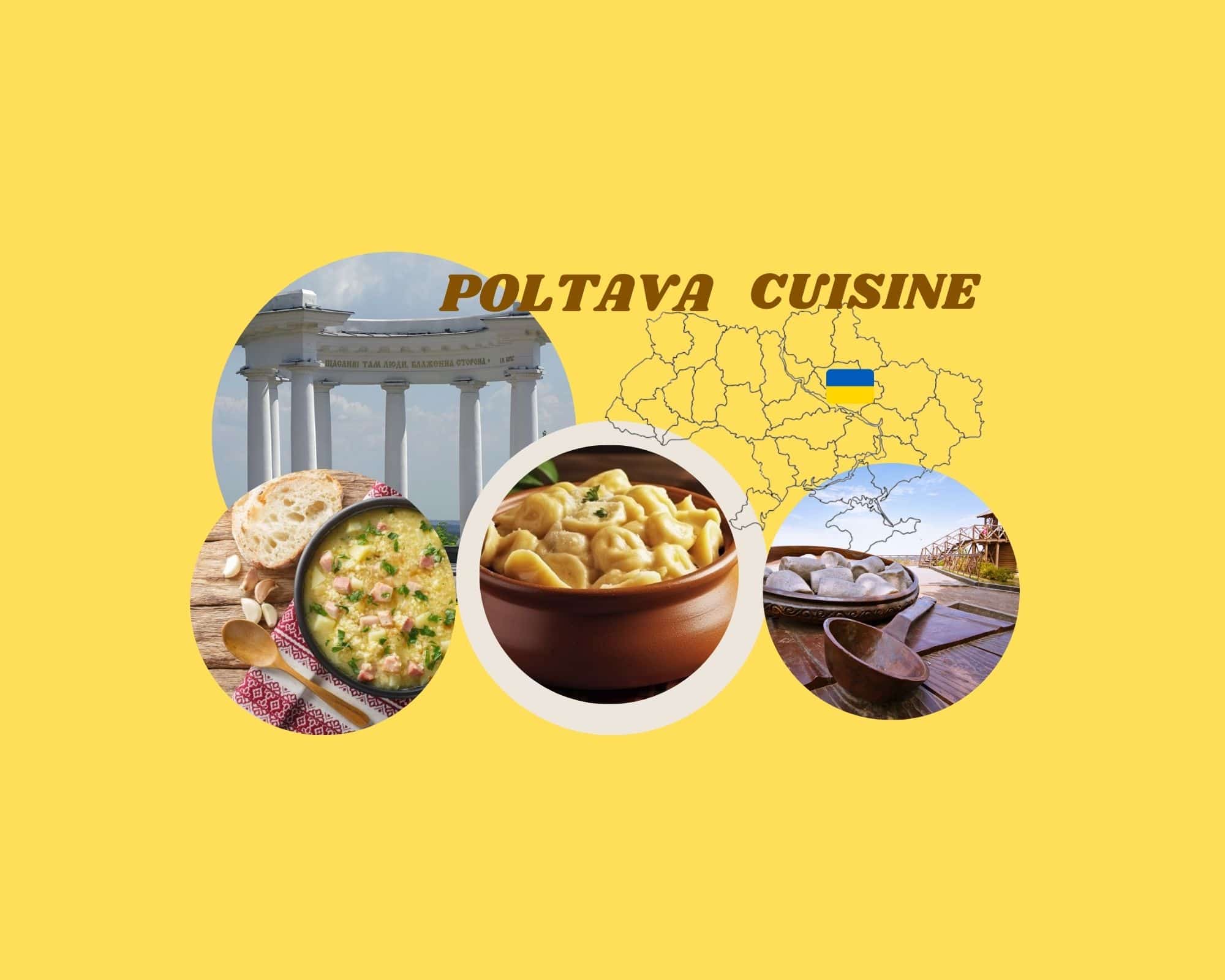For Ukrainians, Easter is a great national and family holiday. It means meeting with relatives and friends at the family table and enjoying paska (babka) and krashanky. During pre-holiday preparations, you have time to do a lot of important things for which there was no time before.
So, on Easter Eve, Ukrainians make large-scale preparations involving both physical labor and mental work. There are many omens and warnings the ancestors of modern Ukrainians believed and which are still relevant today. Diligently preparing for the Easter celebration means all your true dreams with good intentions will come true.
How Ukrainians prepare for Easter
The preparatory work can be divided into 3 stages: Great Lent, Maundy Thursday, and Good Friday.
1. Lent: body and soul purification
The Great Lent starts immediately after Masliana and lasts 7 weeks. During this period, religious people do not eat many usual menu dishes. Among them are:
– meat and meat dishes and broths;
– fish (however, sometimes, on non-strict days, fish dishes are allowed to eat);
– eggs and dishes from them;
– dairy products, including cheese, sour cream, kefir;
– sweets and flour products based on butter, eggs, and milk;
– alcoholic beverages (can be consumed only on non-strict days).
The meaning of keeping Great Lent lies in the aspiration to know oneself. People who can overcome the temptation of food can more steadfastly resist other temptations in worldly life.
2 Holy Thursday: household chores
Maundy Thursday falls on the last week before Easter. On this day, housework is in full swing: it is necessary to do a general cleaning and have a wash. Ukrainian ancestors swam in open water, but modern Ukrainians prefer to take a shower or a bath. This is the so-called second stage of purification, which also includes spiritual cleansing.
The preparations for the festive table begin on Maundy Thursday as well. Ukrainians make the dough for Easter bread and color eggs. Those who follow the Great Lent can drink red wine and eat a few slices of bread.
There are a number of restrictions on this day. So, making noise, quarreling, and fortune-telling are strictly prohibited.
3 Good Friday: the day of the crucifixion of Jesus Christ
The next day, Friday is the strictest and saddest day in the entire preparation process for the Easter celebration. On this day, singing, dancing, and having fun are forbidden. It is believed that in case you disobey, tears and misfortunes await you.
On Good Friday, Ukrainians attend church services, pray, and fast. All thoughts are about the fate of Jesus Christ. Adults are not allowed to eat until the Epitaphios is taken out (approximately until 16:00-18:00). Alcohol is also prohibited.
Resurrection of Jesus Christ
Divine services are held from Saturday to Sunday, and after midnight, the church bells announce the beginning of the Easter service. This festive service lasts until the morning, and at the end of it, a ritual takes place to consecrate baskets with food like paska, painted eggs, and other treats.
The next day, Monday, is a public holiday in Ukraine. Therefore, some Ukrainians try to go to famous temples. The route often includes a visit to
– the Holy Assumption Pochaiv Lavra in the Ternopil region,
– the Transfiguration Cathedral in Chernihiv,
– the Kyiv-Pechersk Lavra or Kyiv Monastery of the Caves, and many other famous sights.
When meeting, it is customary to exchange Easter greetings. When a passerby says, “Christ is Risen!” the other answers, “Truly Risen!”. They then kiss three times and exchange colored eggs.
Authentic Easter meals
And, of course, authentic dishes are the most important elements of the Easter celebration. These are the yeast paska in the form of a tall cylinder decorated with powdered sugar or icing, cottage cheese paska, and decorated eggs. These edible symbols are exchanged with loved ones and given to those in need. Later, 9 days after Easter, there is a Memorial Day, when paska, krashanky, and other dishes of the Easter menu are brought to relatives’ graves.
As you can see, Ukrainian culture is truly unique. And such a great holiday as Easter perfectly demonstrates the depth and value of traditions for every Ukrainian.









